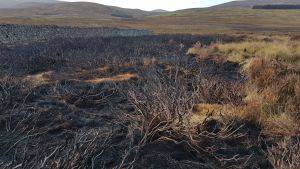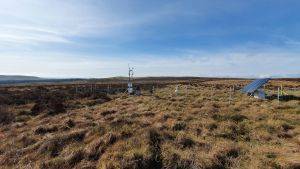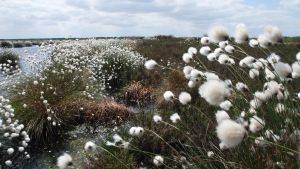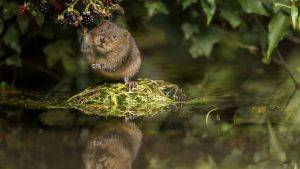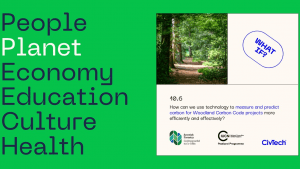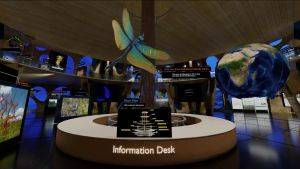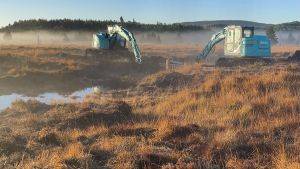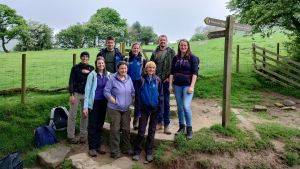This report is part of a series of progress reports by the Committee on Climate Change, Adaptation Sub-Committee to assess how the country is preparing for the risks and opportunities from climate change. The report focuses on England and gives an assessment of how climate change might affect the delivery of key ecosystem services including those provided by peatlands.
The Adaptation Sub-Committee and its eminent research experts have recognised the huge risk to our carbon stores, water and biodiversity and the associated economic costs if we fail to tackle the management of peatland. The report highlights that action taken to restore degraded upland peat becomes more cost-beneficial once the risks of climate change are taken into account. In the lowlands, climate change is projected to increase the rate of loss of degraded peat soils, potentially leading to complete loss within between 30 and 60 years.
Despite the high conservation importance of peatlands, with around 40% of upland peat protected under the Habitats Directive, the research shows there is no explicit policy on peatland restoration or any clear targets to measure progress against.
The Committee calls upon the Government to strengthen the policy framework for peatland restoration and to:
(i) set an explicit policy goal to increase the area under restoration
(ii) review the enforcement of current regulations, and
(iii) improve incentives for landowners to invest in restoration.
These recommendations follow the UK’s four Environment Ministers’ Statement of Intent to conserve peatlands in response to the IUCN UK Peatland Programme Commission of Inquiry and also the Natural England Upland Evidence Reviews which examined peatland management. Together this provides a strong evidence base for policies to deliver peatland restoration. Where peatlands are already protected by designations there is an urgent need to ensure management delivers the conservation objectives and on the unprotected areas better regulation and incentive is required to support land managers in securing functioning peatlands. The Scottish Government has recently set an example by announcing its policy to include peatland restoration in Scottish Emissions accounting and additional peatland restoration funds of £1.7 million for 2012 to 2015.
Clifton Bain, Director of the IUCN UK Peatland Programme said
“The Committee’s report sends a clear message about the urgent need for firm policies and targets to restore and maintain our peatlands in the face of a changing climate. This is a no regret option, as at worst we reduce the loss of carbon from the deep peatland stores and at best we increase the carbon storage, while protecting threatened peatland wildlife.
Simply leaving peatlands in a degraded state or further damaging them is irresponsible and costly to society. Land managers across farming, sporting and conservation interests have shown there is shared benefit in securing peatlands for the long term. We are at a turning point and must act to ensure the true values of peatlands as natural capital are reflected in the support and incentives given to those who maintain them in a healthy condition.”
For more information and to read the report please CLICK HERE

